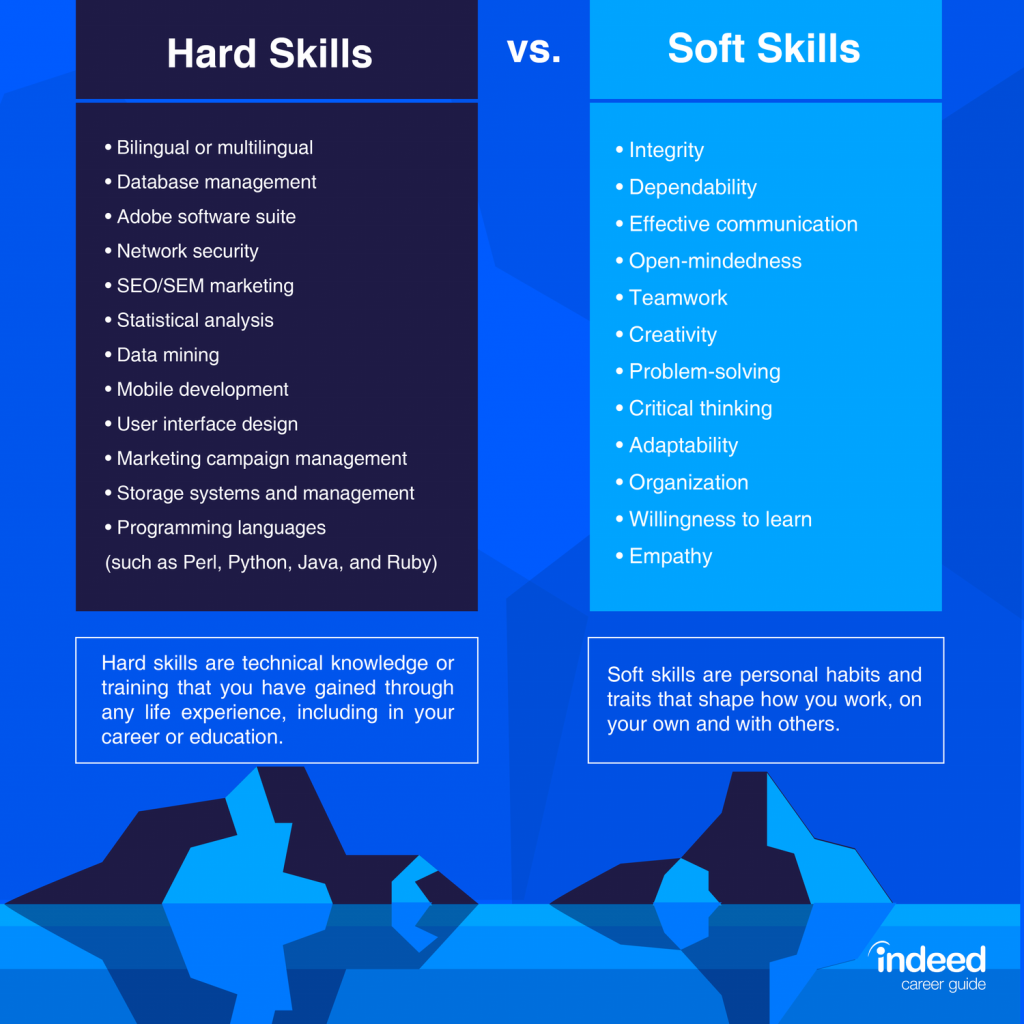

The proportion is now typically more than half. When I take seminars with large groups from companies, I ask for a show of hands for who does email in bed. If you are reading work emails in bed, you are much less likely to be able to flip positions and respond tenderly to your partner’s fear about a challenge he or she is facing tomorrow: it’s far easier to stay in critical listening and give some practical advice or even dismiss the fear as irrational with a “Don’t be silly…” comment. Not only does it blur the lines and rob us of family time and focus, but it also forces us into critical listening at home. I suspect this is one major way in which the always-on nature of modern business is so threatening to our emotional wellbeing. That kind of managerial interaction, which works so well for practical matters, can be very problematic when applied to emotional communication. When someone shares their pain or their fears with you, it can be very destructive to respond with a critique or a set of instructions, even if your intentions are of the best. If critical listening becomes your default position and you get stuck there, it will cause problems for you, especially at home, because it does not facilitate intimacy. I have seen many efforts at brainstorming founder because people could not switch off their critical heads and accept rule one of a brainstorm: “Every idea is acceptable.” It becomes very hard to switch off the critical filters. However, even at work there are times when this is not desirable. When is critical listening inappropriate? We become quick to give our opinion, and we have a rating system constantly at work in our heads. In business, we quickly get used to listening for what we deem useful and discarding the rest it’s not unlike panning for gold. Of course, it’s valuable to assess and to be discerning in what you take on board so, in many conversations, critical listening is indispensable.

If you have a particularly active inner critic, this will be a strong voice for you (and if it habitually criticises you, I hope you got a lot from the section on inner listening earlier in this book). You know that little voice – the one that just said: “What little voice?” as you read this. It involves critical assessment of the other person’s message, often involving the little noise in your head giving a running commentary. In business, in education and in any debate or argument, critical listening is often the natural place to go. – Critical listening in business and leadership
CRITICAL LISTENING DEFINITION HOW TO
The following blog post is an extract from my book, How to be Heard.


 0 kommentar(er)
0 kommentar(er)
